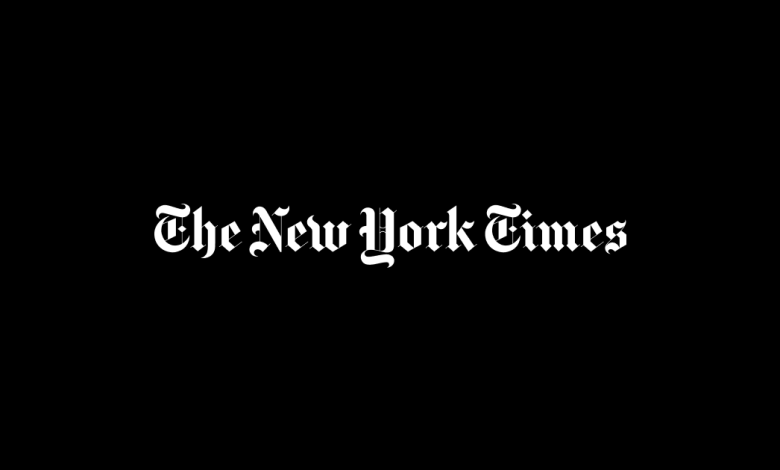Here’s the latest on the riot in the Brazilian capital.

At least 1,200 protesters were detained for questioning in the wake of the storming of Brazil’s capital buildings, a spokesman for the civil police said on Monday, as the authorities began dismantling the tent city where supporters of Jair Bolsonaro, the far-right former president, had been camping out since he lost October’s election.
The detentions came a day after one of the worst attacks on the country’s democracy in the 38 years since the end of the military dictatorship. Thousands of Bolsonaro supporters broke into government buildings in the capital, Brasília, on Sunday to protest what they falsely claim was a stolen election. In the weeks after the vote, Brazil’s military and independent experts said they found no credible evidence of fraud.
Brazil’s justice minister, Flávio Dino, had said late Sunday that at least 200 people had been arrested in connection with the riots, though another official put that figure at more than 400.
The protesters had been camped outside the army barracks in Brasília, according to Darbas Coutinho, a spokesman for the civil police. They would be questioned by law enforcement officials, and some could be charged with committing crimes against democratic institutions or attempting to unseat a democratically elected government, he said.
The pro-Bolsonaro protesters have been camped out in Brasília and other major cities across Brazil for over 60 days. Overnight, the country’s Supreme Court ordered the authorities to dismantle the camps within 24 hours.
President Luiz Inácio Lula da Silva, the leftist who won the election in October, signed an emergency decree late on Sunday, putting federal authorities in charge of security in Brazil’s capital. The order prompted concerns that the dismantling of the camp could fuel further tensions, but on Monday, the dispersal of the protesters had so far been peaceful.
In scenes reminiscent of the Jan. 6, 2021, storming of the U.S. Capitol, Mr. Bolsonaro’s supporters on Sunday laid siege to Brazil’s Congress, Supreme Court and presidential offices — the violent culmination of years of conspiracy theories advanced the former president and his allies. They set fires, repurposed barricades as weapons, knocked police officers from horseback and filmed their violent acts as they committed them. By Sunday night, the seat of government had been cleared.
President Biden, who was visiting the southern U.S. border on Sunday, called the protests “outrageous,” and Jake Sullivan, his national security adviser, said that the United States “condemns any effort to undermine democracy in Brazil.”
Here are some other key developments:
-
President Biden condemned the violence in Brazil and invited Mr. Lula to the White House in early February.
-
Former President Jair Bolsonaro, who has been staying in Florida, is under observation at a hospital in the United States after experiencing abdominal discomfort, the former first lady, Michelle Bolsonaro, said on Instagram on Monday.
-
Ned Price, the U.S. State Department spokesman, would not comment specifically on Mr. Bolsonaro’s visa status during a daily press briefing, citing privacy laws. But Mr. Price said any person who came to the United States under a diplomatic visa, such as a head of state, and who was “no longer engaged in official business on behalf of their government” is expected either to depart the country or request a different type of visa from the Department of Homeland Security within 30 days of the end of their official business.
-
Brazil’s Congress was called back from recess for an emergency session.
-
Overnight, Alexandre de Moraes, a Supreme Court judge, suspended Ibaneis Rocha, the governor of the Federal District, which includes Brasília, for 90 days while investigations take place into security failures on Sunday. Supporters of Mr. Bolsonaro have long criticized Mr. de Moraes, accusing him of wielding power unilaterally. Mr. Lula is scheduled to meet with the president of the Supreme Court on Monday in the damaged Supreme Court building.
